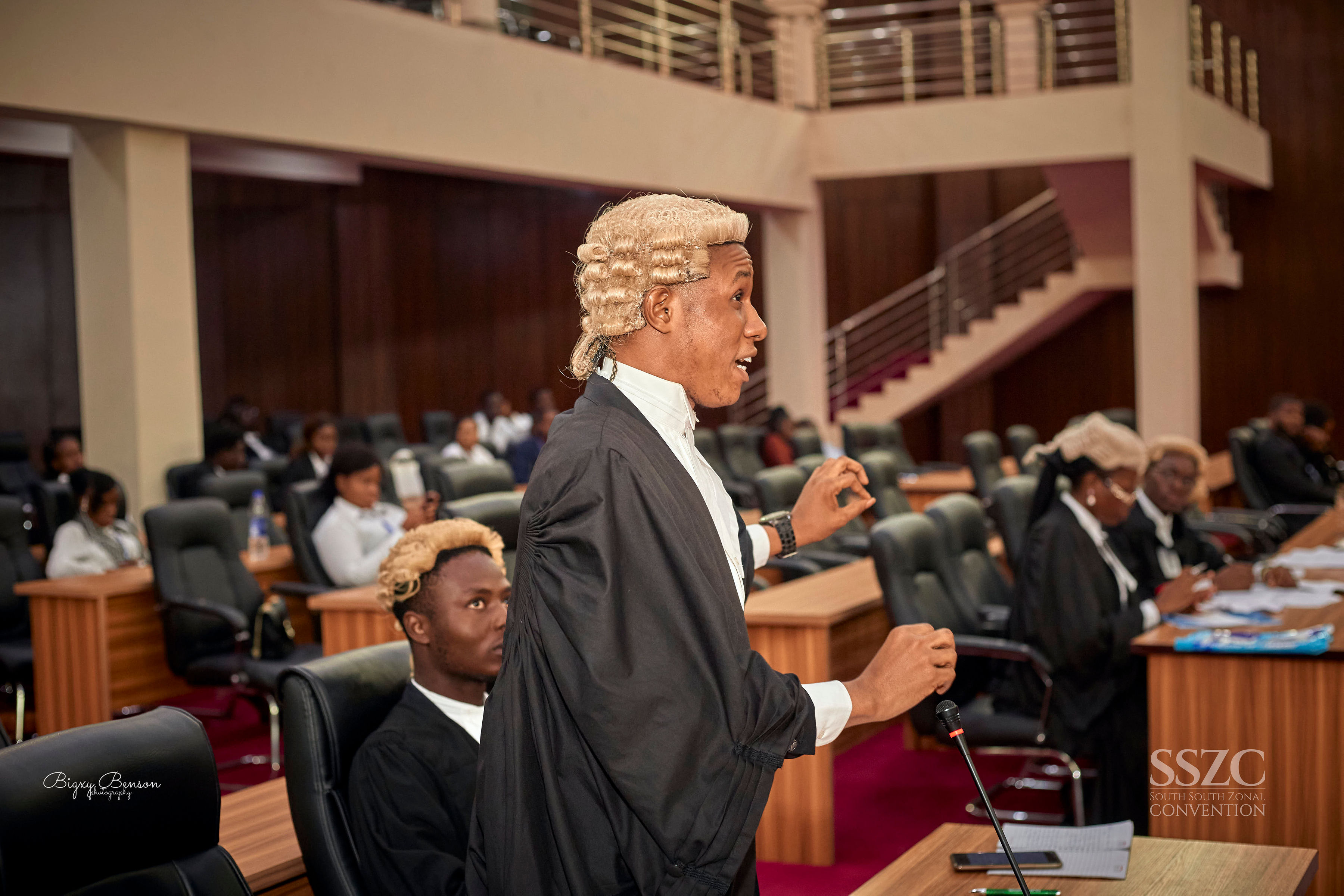

WHETHER A.I ROBOT LAWYERS ARE QUALIFIED TO PRACTICE AS LEGAL PRACTITIONERS IN NIGERIA?
WRITTEN BY; GREATNESS EYONSA (FACULTY OF LAW, UNIVERSITY OF CALABAR).
It’s no news that A.I Robot lawyers are gradually intruding into the legal profession. Most persons have predicted that few years from now, there will be no need for hiring lawyers to defend litigants as the role of lawyers is about to be “replaced” by A.I robots. These thoughts has raised fears in the mind of both young and aspiring lawyers in the legal profession. The question that comes to one’s mind is; can an A.I robot lawyer practice as a legal practitioner in Nigeria?
Firstly, it is important to understand that A.I robot lawyers are computer programs, that are designed to be able to provide legal advice and automate many tasks associated with the practice of law. These programs are powered by artificial intelligence (A.I) and natural language processing (NLP) to understand legal questions and generate legally complaint responses. flowing thereto, it is decipherable that A.I robot lawyers are “artificial beings” that are programmed with legal knowledge to solve legal problems and give legal solutions.
On the other hand, the definition of a legal practitioner has received both statutory and judicial anointing under our Nigerian jurisprudence. In the case of OKETADE V. ADEWUMI (2010) 8 NWLR (PT. 1195) 63 (SC) the court held that; a person is a entitled to practice as a barrister and solicitor if, and only if, his name is on the roll of practicing lawyers in Nigeria; this position of law was further strengthened by the court in the case of DANKWAMBO V. ABUBAKAR (2016) 1 NWLR (PT. 1495) 157 (SC) , the court held that a legal practitioner is a person entitled in accordance with the provisions of the legal practitioners Act to practice as a barrister or as a barrister and solicitor, either generally or for the purposes of any particular office or proceedings. And by virtue of section 2(1) of the legal practitioners Act, subject to the provisions of the legal practitioner Act, a person shall be entitled to practice as a barrister and solicitor if, and only if, his name is on the roll. A legal practitioner is therefore a person who has been called to the bar to practice as a barrister and solicitor of the Supreme Court of Nigeria.
From the foregoing, the obvious preoccupation is that being a legal practitioner in Nigeria is not just about having knowledge of law. One needs to have the license to practice law. And, in a situation whereby a person is unlicensed, then, such person cannot be qualified to practice law in Nigeria.
Going by the gamut of Section 4 of the Legal Practitioners Act, for a person to be qualified to practice as a legal practitioner in Nigeria, the following conditions must be satisfied;
The person must be a citizen of Nigeria.
The person must produce a qualifying certificate to the Benchers showing that he attended the Nigerian law school and has satisfied all the requirements to be called to Bar.
The person must have shown the Benchers that he is a person of good character.
He is not a citizen of Nigeria, but has produced qualifying certificate showing the Benchers that he is a person of good character.
The body of Benchers shall then issue him a call to Bar certificate.
Riding on the strength on these conditions, it presupposes the fact that A.I robots are not legal practitioners and hence they are not qualified to practice law in Nigeria.
Therefore, allowing A.I robots to practice law in Nigeria, will disrupt and infiltrate the legal industry. It is therefore submitted that A.I robots are unauthorized to practice law in Nigeria.
Loading comments...
